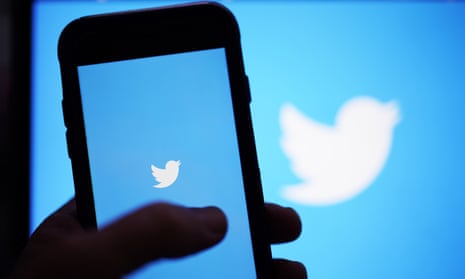Twitter has removed freshly uploaded footage of the Christchurch terror attack that was circulating on the platform, but only after the New Zealand government alerted the company, which had failed to recognise the content as harmful.
The video clips, filmed by the Australian white supremacist who murdered 51 Muslim worshippers at two mosques in Christchurch in 2019, were uploaded by some Twitter users on Saturday, according to the office of the prime minister, Jacinda Ardern.
A spokesperson for the prime minister said Twitter’s automated reporting function didn’t pick up the content as harmful.
Other users reported the videos and the government separately raised it with Twitter, the office said. “Twitter advised us overnight that the clips have been taken down and said they would do a sweep for other instances.”
The mosque attack was livestreamed on multiple social media platforms and the terrorist’s manifesto published online.
Ardern launched the Christchurch Call after the attack, asking social media companies to counter online extremism and misinformation. Twitter founder Jack Dorsey had supported the initiative.
Speaking to media on Monday afternoon, Ardern said that while “time will tell” over Twitter’s commitment to removing harmful content, the company had advised the government it had not changed its view over its membership to the Christchurch Call community.
“We will continue to maintain our expectation that [Twitter does] everything they can on a day-to-day basis to remove that content but also to reduce terrorist content and violent extremist content online, as they’ve committed to,” Ardern said.
The Guardian attempted to contact Twitter for a response but received no reply.
Earlier this month, Ardern told a national security, disinformation and online extremism summit that Twitter has been deeply involved in the Christchurch Call “and – to date – been a really constructive partner”. But she said that partnership was in “unknown territory” after Elon Musk’s takeover of the company.
Ardern urged Musk – the world’s richest man and self-described free speech absolutist – to “stick strongly to the principle of transparency”, adding that social media platforms like Twitter “can be a force for democracy, a force for connection and for good. But also, if misused, they can do a huge amount of harm.”
Writing for the Conversation, Markus Luczak-Roesch, an Associate Professor in Information Systems at Victoria University of Wellington, said Musk’s takeover has been disruptive to the Christchurch Call, with the entire Twitter team the government was planning to work with gone after lay-offs.
Thousands of content moderators, as well as the human rights teams, have been laid off since Musk’s takeover, and the platform has been struggling to police harmful content, including the proliferation of misinformation accounts and racist tweets in the lead up to the World Cup.
In a recent post to Twitter, Musk told his 119 million followers that hate speech was down by a third from its pre-spike levels in October and produced a chart. No further details were provided.
